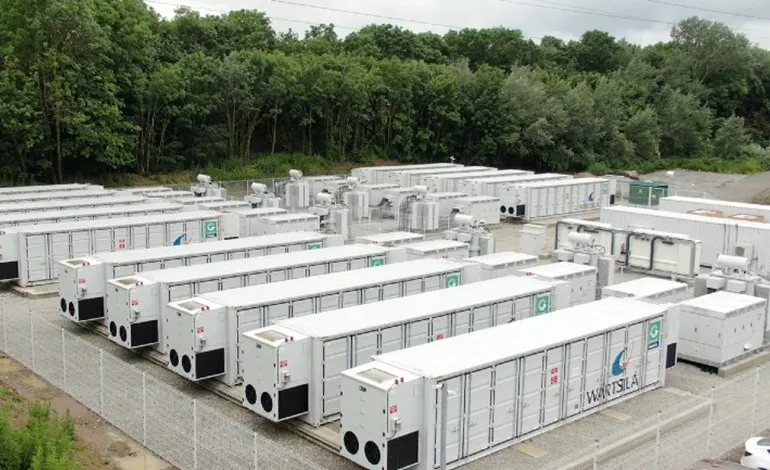'Locational pricing can enable net zero GB grid'
- New research shows price signals can be presented that support investments in renewable generation and flexibility

Changing the British electricity market so that wholesale prices mirror local supply and need problems could spur investment in renewable generation to supply a net zero energy system, according to a new report.
Energy Systems Catapult's research, labelled International Learnings on Investment Support for Clean Electricity, sets out the outcomes of a research study commissioned by Octopus Energy.
The study was performed to inform the recurring debate around the Review of Electricity Market Arrangements (REMA) examination being accomplished by the Division for Business, Energy, as well as Industrial Approach (BEIS), and also relevant work with market reforms to help with the change to a net zero power grid by 2035.
Analysing evidence from markets throughout the United States and also in New Zealand, where Locational Marginal Pricing (LMP) is commonplace, as well as European markets that use zonal pricing mechanisms, the research intends to better understand what Britain might learn from worldwide markets that utilize locational price signals to inform a market layout that sustains investments in renewable generation as well as in flexibility.
The report observed that markets that have adopted an LMP method have actually also embraced corresponding policies to sustain investment in renewables, like clean energy standards on distributors as well as tax obligation credit histories for investment in renewables.
The combination of LMP and also these "demand pull" policies had the ability to sustain high levels of investment in renewables.
As an example, considering that presenting LMP in 2009, California has added 3.5 GW of wind capacity as well as 14GW of solar PV to its network-- taking their cumulative share of generation capacity to 25%.
No conclusive evidence was found by the research that sharper price signals in LMP markets raised the cost of funding for generators, regardless of some commentators making that link.
A link was observed by the report between using LMP as well as the provision of storage, with storage being disproportionately located in LMP markets operated by Independent System Operators (ISOs) and also Regional Transmission Organisations (RTOs) in the US.
Despite only making up 58% of grid capacity in the United States, LMP markets make up 74% of large-scale battery storage power capacity (GW) as well as 72% of energy capacity (GWh).
The report kept in mind emerging evidence of intermittent renewables behaving even more like price-responsive assets in LMP markets by acquiring with or co-locating with storage.
Key searchings for from the International Learnings on Investment Support for Clean Electricity report found that LMP is not a barrier to large-scale investment in renewable generation.
It likewise discovered that the influence of LMP can be enhanced when incorporated with complementary policies to create a "need pull" for clean energy investments.
The British electricity market could benefit from a various innovation mix that would emerge under LMP markets.
Ben Shafran, Head of Markets, Policy & Regulation at Energy Systems Catapult, stated:
" Our analysis of various other nationwide electricity markets has actually helped us to make several basic observations that can put on the current debate around the Review of Electricity Market Arrangements (REMA).
" One of the most significant finding of the report is that Locational Marginal Pricing (LMP) can be the structure to a Net Zero electricity system, and can be boosted if combined with policies that create a "need pull" for clean energy investments.
" The perceived problem in between market designs that sustain investments in renewable generation and also those that sustain investments in flexibility can be gotten rid of; they do not need to be equally exclusive ... both can be effectively suited by learning from international experience."
Rachel Fletcher, Director for Regulation and Economics at Octopus Energy, included: "Existing electricity market plans have actually been highly effective in encouraging renewable investment in Britain yet a solitary GB market value is holding back the case for batteries, demand response as well as clever EV charging.
" With BEIS examining the electricity market layout, this report shows we do not need to choose in between plans that benefit renewables or for flexibility."
Also read

